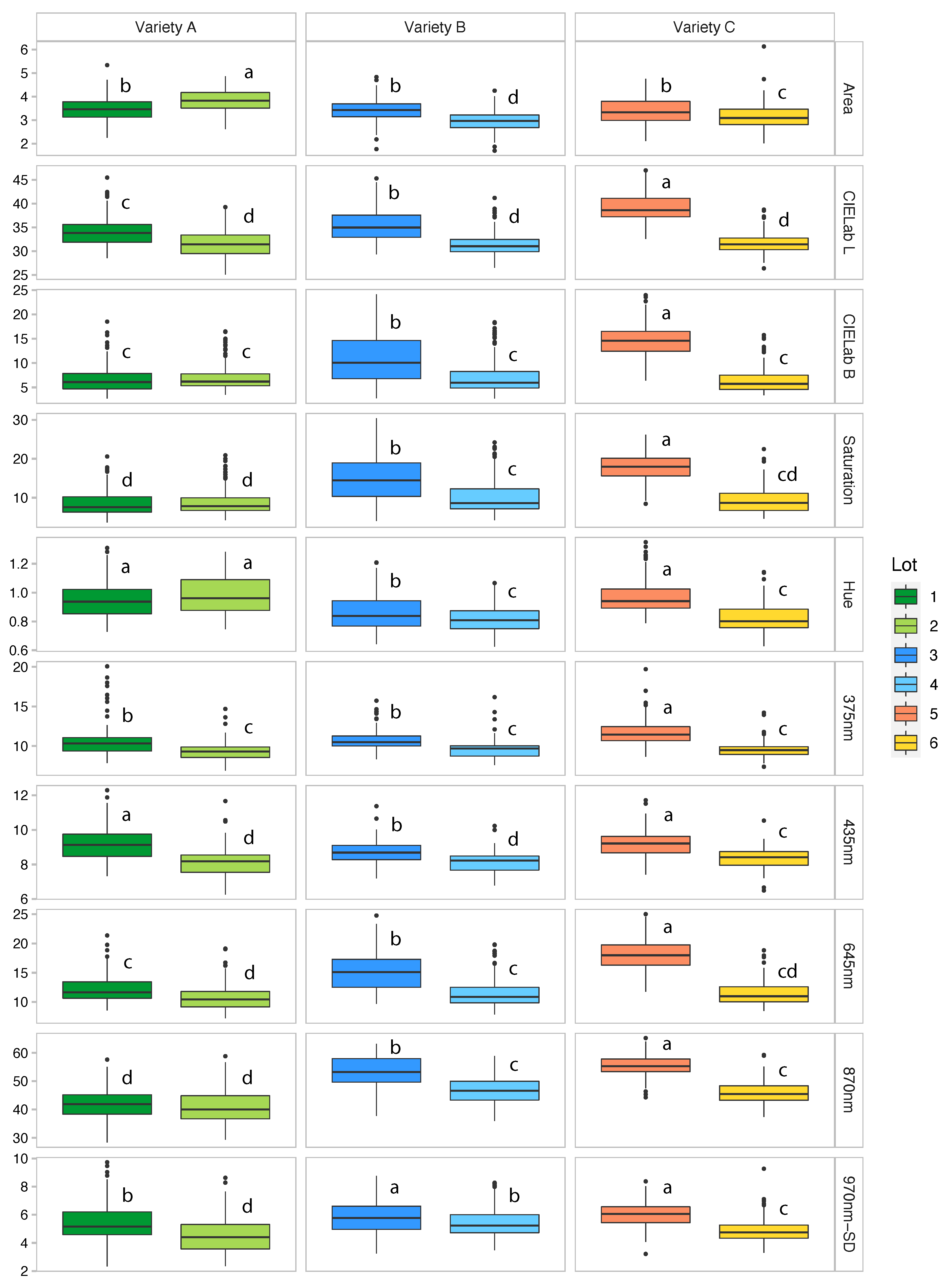
If you are interested in a specific researcher’s publications, you can follow them on Google Scholar and you’ll get notified when they publish new articles.

Start to read from the most cited papers in your field. review, articles), and sort by relevance. Searches can be done by entering the key words, subject area, document type (e. I use Google Scholar, Web of Science, and Scopus, mostly.

Searching by key words is another common way to find scientific literature.

Starting by reading a review paper in your field, then finding and reading the most relevant references listed for the review, is also a good method. The downside of this method is that the pool of articles is limited by what’s already known by your advisor or lab mates. Simply ask around the lab about key articles in the research field. This is definitely the fastest way to gain background on your research area. The best resources for starting to build your reading list are your advisor and lab mates. If you are first year graduate student doing research, or if you are just looking for a method to organize your scientific literature, this blog can hopefully help. When you start to write a report or research paper, it can become a nightmare to organize the reference list. But, how would you find them and organize them? Certainly, I’ve seen people downloading everything to their desktop and piling up 100 pdfs with no labeling or grouping. There are so many new papers coming out every day, so many research blogs to follow, so many books to read. Labs supporting Ukrainian Scientists is an expansive list of labs and PIs offering support at this time.As PhD students, reading is part of our life.Science for Ukraine provides an overview of labs offering a place for researchers and students who are affected to work from, as well as offers of employment, funding, and accommodation:.

Personally, I have found the messages of support from scientists everywhere to be truly heartfelt, and I would like to highlight some of the community initiatives I’ve seen here: We also want to use our platform to highlight the response from the scientific community.


 0 kommentar(er)
0 kommentar(er)
